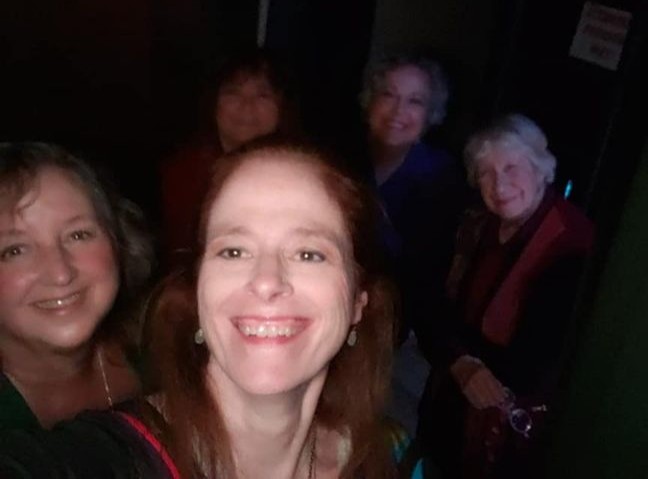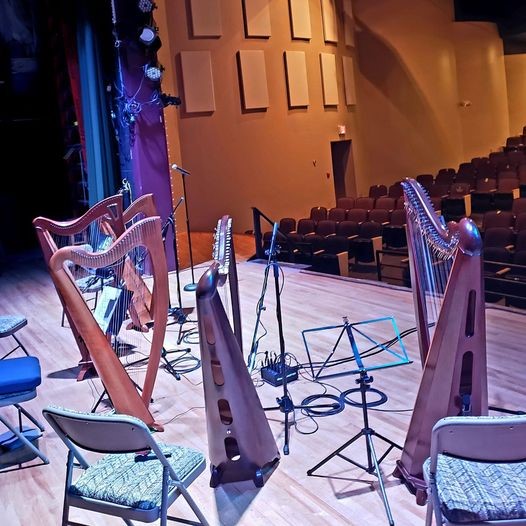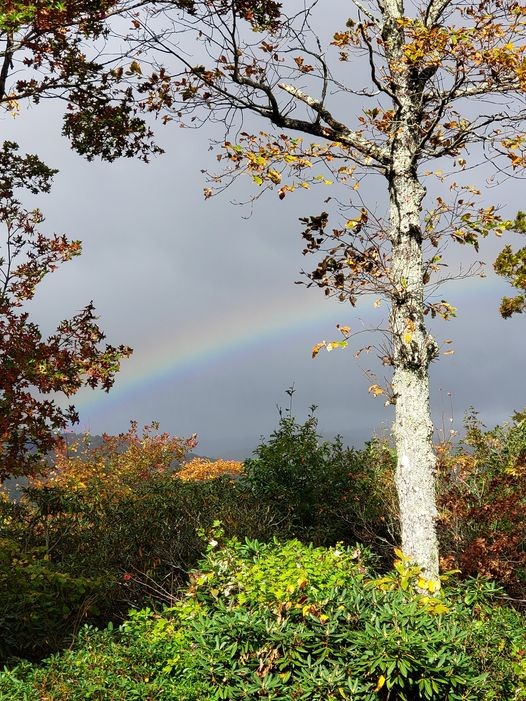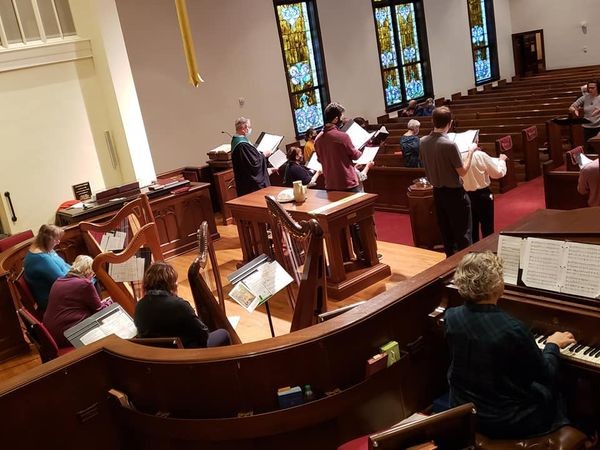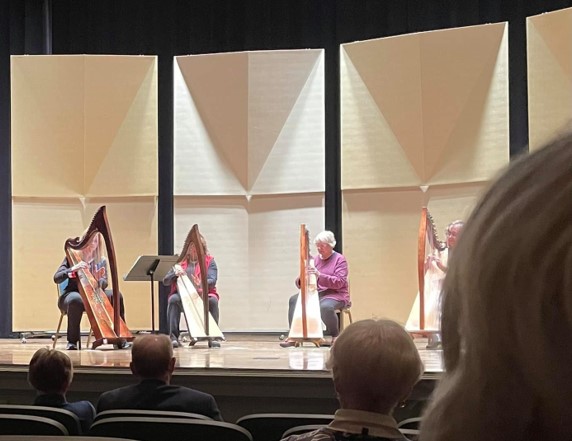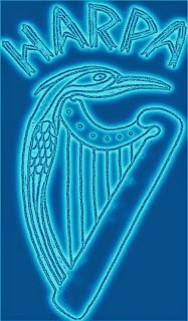Do you ever have that feeling like you’re casting about trying to decide what to practice? You know you should be practicing, but maybe you don’t know what to work on. Even if you have a teacher who helps structure your practice time, do you feel hesitant on where to start on other stuff outside your lesson?
No? It’s just me then?
Yeah, I didn’t think so.
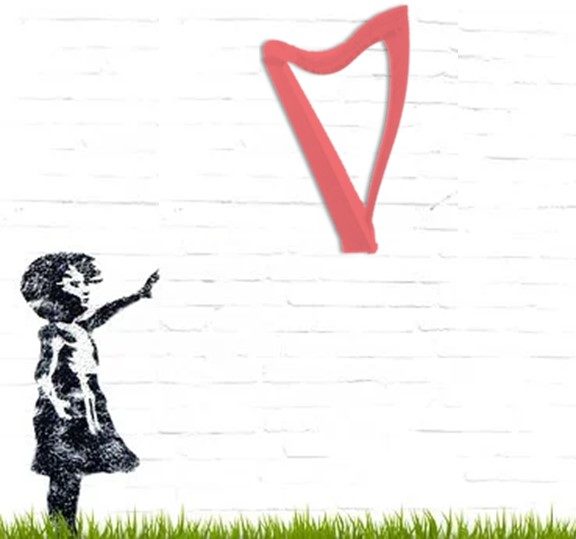 It can be a little challenging to think of what to practice, especially at those points on the calendar (like now) when we know we should have already started on holiday repertoire (but maybe haven’t). Or at the end of the year when you’re staring into the abyss of the upcoming year, but not knowing what you might want to come out of it with. Or thinking about the upcoming competition season and preparing to perform, but not being ready to buckle down.
It can be a little challenging to think of what to practice, especially at those points on the calendar (like now) when we know we should have already started on holiday repertoire (but maybe haven’t). Or at the end of the year when you’re staring into the abyss of the upcoming year, but not knowing what you might want to come out of it with. Or thinking about the upcoming competition season and preparing to perform, but not being ready to buckle down.
There are all kinds of reasons that we can be a little stumped on what to be practicing at any one point in time. And if you’re an externally motivated person (that is, if you need something or someone outside of yourself to get you kicked into action), it can be very difficult to determine what you should be practicing, which can lead to procrastination….or worse, just not practicing!
So, this week, a few ways to help ensure that you never run out of things to practice!
1. Keep track of what you’re working on, how long you’ve worked on it, and your assessment of your progress to date. Why yes, this is just another thinly veiled suggestion that you keep a journal, but it will help you keep in mind what you’re working on right now (and how well it’s going) as well as whether you need to keep working on it. It also gives you an idea of which tunes might need to be parked so they can marinate for a little while (that’s fancy talk for “put it away and bring it out again later”).
2. Keep a list of tunes you would like to play. Just note them down, preferably with as much detail as possible (title, composer, anything else that helps you find it later). You can’t possibly learn all the tunes at once, so you will be well served to write down the ones you’d like to learn…later. Don’t worry about it getting too long – you can always add to it, or cross titles off as you go along (and you get the added bonus of crossing titles off as they move to your “learning” list! and you begin to practice them).
3. Focus on what you’re practicing now. When you’re practicing, don’t think about what you’ll practice next. Think about what you’re practicing now. Save thinking about what you’ll do another time…for another time… and actually practice while you’re practicing. If you have a great idea while you’re practicing, jot it on your list of tunes you’d like to play and then get back to your originally scheduled practicing.
4. Make connections between music you already know and that you have to learn. It is always useful to be a thinking musician. It’s an illusion that great musicians just sort of channel stuff. They are actively involved in the music they play. They analyze the music. They don’t let it just wash over them! Thinking about what you already know, what you’d like to learn and how they’re related will help you find tunes you like and will make practicing easier (because similar patterns will be easier the second time and even easier the third, etc.).
5. Be curious. It’s all well and good to know what you like and play that, but be curious about it – what is it about the music you love that captivates you? How far away from the exemplar can you go and still love it? What other music has those same traits? Does it appeal to you, and will you learn it? Being curious means you’ll find new things to play in places you wouldn’t necessarily look which not only broadens your repertoire but also will expand your thinking.
6. Refer to something you practiced before. Why yes, you can always practice something you used to play to death but haven’t in a while. Keep those oldies but goodies in your hands and in your memory so they’re ready to go when you are! Those tunes are, after all, the core of your repertoire.
Don’t be left feeling like you don’t know what to practice or how to get started. These six simple steps will help you pull it together so you can never run out of things to practice. What else should we add to the list? Let me know in the comments –
